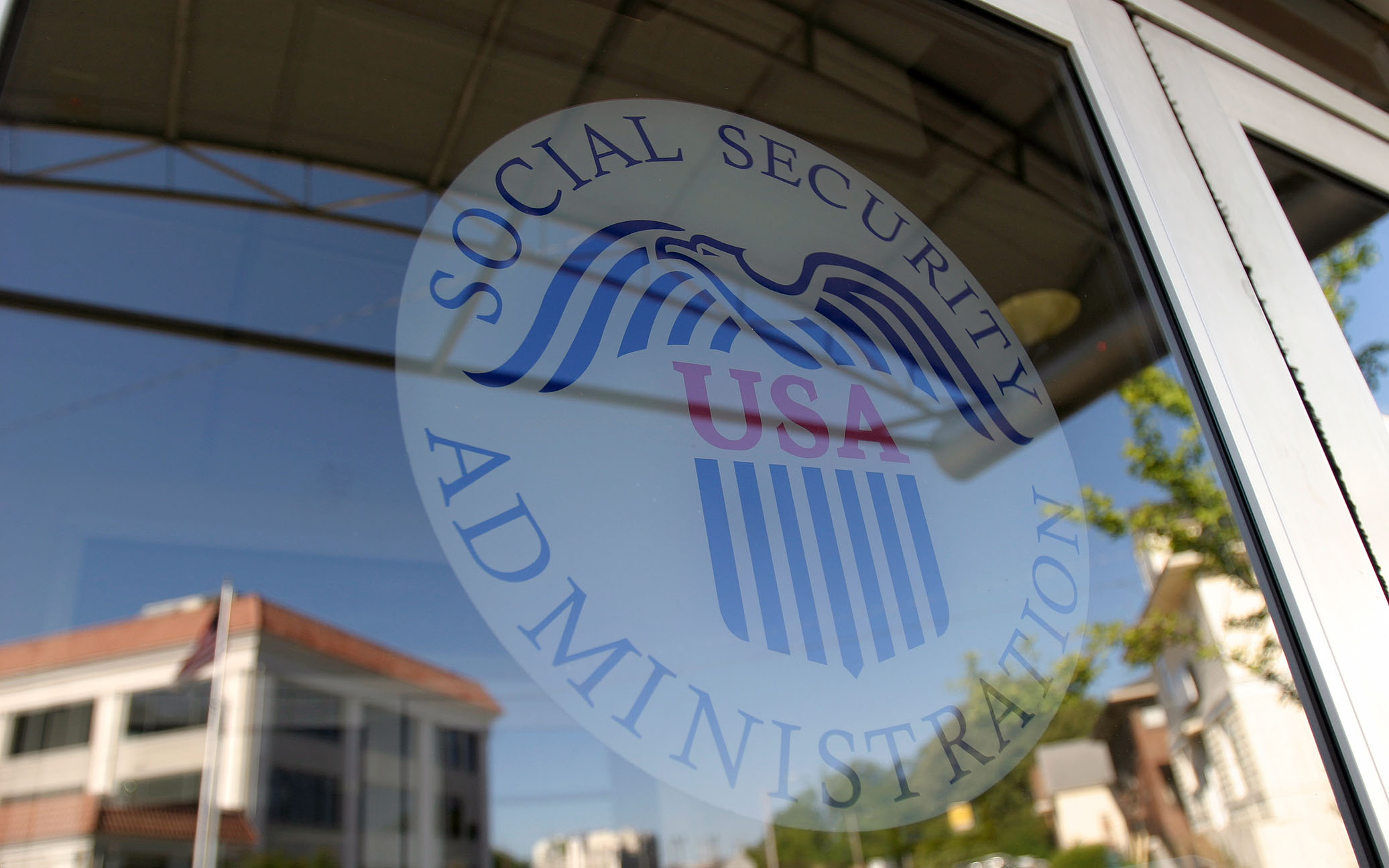
Author: University of Southern California – Health Sciences
Published: 2024/03/15
Post type: Clinical trial
Content: Summary – Major – Related Posts
Synopsis: A clinical trial will examine whether chemotherapy followed by a new surgical procedure can improve outcomes for patients with pancreatic tumors previously considered inoperable. The clinical trial will use surgical protocols pioneered by Keck Medicine surgeons to safely remove locally advanced pancreatic tumors attached to arteries. Historically, the life expectancy of patients with locally advanced pancreatic cancer, which accounts for one-third of all pancreatic cancer cases, has been about one year.
Main summary
A Keck Medicine of USC clinical trial aims to provide a surgical solution for patients with a form of advanced pancreatic cancer previously considered inoperable. The study will investigate whether chemotherapy followed by a new type of surgery to remove the cancer is a safe and effective option for patients with locally advanced pancreatic cancer, meaning the cancer has not spread to other organs but has grown. towards or near nearby organs. blood vessels that surround the pancreas.
“These types of tumors generally cannot be safely removed with surgery because of the risk of damaging the blood vessels that supply blood to the stomach, liver, and other abdominal organs. However, due to recent advances by surgeons at Keck Medicine, we believe that patients with locally advanced cancer may be candidates for successful surgery, which could significantly improve outcomes,” said Steven Grossman, MD, PhD, co-principal investigator of the study. Grossman is a medical oncologist at Keck Medicine and deputy director of cancer services at USC Norris Comprehensive Cancer Center, part of Keck Medicine.
The challenge of treating pancreatic cancer
Pancreatic cancer accounts for only about 3% of cancers in the United States, but it is one of the deadliest. People usually do not have symptoms until the cancer has grown very large or has metastasized throughout the body, so the cancer is detected late and patients have a poor prognosis.
Only 13% of pancreatic cancer patients survive five or more years after diagnosis. Historically, the life expectancy of patients with locally advanced pancreatic cancer, which accounts for one-third of all pancreatic cancer cases, has been about one year.
For most forms of cancer, surgery is considered the most effective treatment for localized tumors that have not spread to other areas of the body. However, surgery has not traditionally been offered for tumors involving the blood vessels near the pancreas because if the blood vessels are damaged during the procedure and blood flow to the organs is interrupted, it could lead to serious side effects or death.
Therefore, typically the only treatment option for patients with locally advanced cancer is chemotherapy and/or radiation, both of which have limited effectiveness in destroying pancreatic cancer cells.
“The situation is frustrating because research shows that in the rare cases where locally advanced tumors were safely removed, disease progression was slowed and the length of patient survival increased on average from one year to 28. months, more than doubling life expectancy,” said Sandra Algaze, MD, a medical oncologist at Keck Medicine, a USC Norris Fellow and one of the study’s investigators. “Therefore, surgery appears to greatly benefit the patient’s survival rate, which is why the medical field has been eager to find a surgical solution.”
How new surgical advances can benefit patients
The clinical trial will use surgical protocols pioneered by Keck Medicine surgeons to safely remove locally advanced pancreatic tumors attached to arteries. The surgical team will be led by the study’s co-lead investigator, Dr. Yuri Genyk, a hepatobiliary and pancreatic surgeon at Keck Medicine and an expert in vascular reconstruction, which is the removal and reconstruction of blood vessels. Genyk has already successfully removed about 30 pancreatic tumors attached to adjacent arteries.
“While this surgery is very complex, we have the skills and experience to perform it and train other skilled surgeons in the procedure. If the trial results are positive, we imagine the technique could become the gold standard for treating this stage of pancreatic cancer. will be treated in the future,” Genyk said.
Patients in the clinical trial will first undergo chemotherapy to try to shrink the tumor. Two to eight weeks after completing chemotherapy, they will undergo laparoscopic evaluation to determine the position and size of the tumor before it is surgically removed and the involved blood vessels are removed and reconstructed.
Patients will be followed every three months for the first year after surgery and then every six months for the next two years.
The clinical trial will also examine whether certain biomarkers, such as tumor DNA, as well as patient demographic factors, such as age and sex, play a role in patient outcomes.
The study hopes to enroll 20 patients with locally advanced pancreatic cancer who have evidence of arterial involvement by their tumors. The surgeries will be performed at USC Keck Hospital.
“Pancreatic cancer is a devastating diagnosis and Keck Medicine is committed to finding better solutions for the disease,” Grossman said. “Anything we can do to improve patients’ quality of life and extend their life expectancy will be a huge milestone that could benefit countless patients and their loved ones.”
Stake
Those interested in participating in the study can contact: Charlean Ketchens, RN, at (323) 865-3035 or ketchensc@med.usc.edu
Attribution/Source(s):
This quality-reviewed publication from our Pancreatic Cancer section was selected for distribution by the editors of Disabled World because of its likely interest to readers in our disability community. Although content may have been edited for style, clarity, or length, the article “Study explores safety of removing inoperable pancreatic tumors” was originally written by the University of Southern California – Health Sciences and submitted for publication on 03/15/2024. If you require further information or clarification, you may contact the University of Southern California – Health Sciences at scuhs.edu website. Disabled World makes no warranties or representations in connection therewith.
📢 Discover related topics
👍 Share this information with:
𝕏.com Facebook Reddit
Page information, citations and disclaimer
Disabled World is an independent disability community founded in 2004 to provide disability news and information to disabled people, older people, their families and/or carers. Visit our homepage for informative reviews, exclusive stories, and how-tos. You can connect with us on social media like X.com and ours Facebook page.
Permanent link: Study explores safety of removing inoperable pancreatic tumors
Cite this page (APA): University of Southern California – Health Sciences. (2024, March 15). Study explores the safety of removing inoperable pancreatic tumors. Disabled world. Retrieved March 17, 2024 from www.disabled-world.com/health/cancer/pancreatic/removing-tumors.php
Disabled World provides general information only. The materials presented are never intended to be a substitute for qualified professional medical care. Any third party offers or advertisements do not constitute an endorsement.






